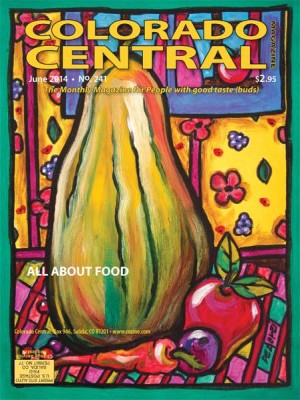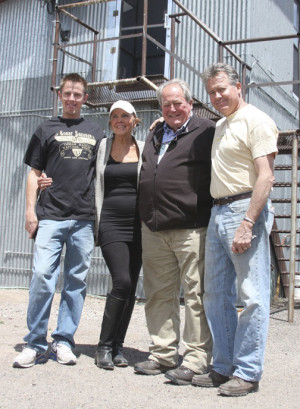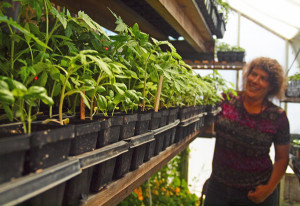by Jennifer Welch
“My native home is a certain type of labor, it is a certain type of relationship to my body and the uses and functions of my mind, it is a certain type of relationship to my environment, especially the land and space around me and in which I move and work, it is a certain type of relationship to time and the coming and going of the seasons, it is a certain type of relationship to the weather, it is a certain type of relationship to technology and machinery, it is a certain type of relationship to ecological and political questions and problems, it is a certain type of relationship to the product, the produce, of my labor – the (livestock) – and it is, perhaps most importantly, a certain type of relationship to their deaths. My native home is a home of ebbs and flows, of hardship and triumph, of ease and adversity, and of life and death.” – Bob Comis, Stony Brook Farm
“My native home is a certain type of labor.” These words ring true to me in a way that I cannot explain, let alone comprehend. I find the labor of a farm to be cathartic, soothing, enchanting. There is repetition and spice, calm and fury, intuition and disinclination. It reminds me, a bit, of my marriage. A thing you want, but are not always sure why. A thing you crave but, at times, feel you could walk away from entirely. A repetitive, constant, back-handed form of both gratification and imprisonment. It is where I belong and where I struggle to fit in. It is my native home, this ‘certain’ type of labor – that labor of love.
It’s a well-known fact that I don’t really “like” people. Perhaps if I liked people enough, I would raise them in my barn instead of animals. But I prefer animals for a number of reasons, the loftiest of which is that it guarantees my clientele are not creepy (for the most part), and it keeps me on the good side of the law. (Although, truth be told, I’m not a huge fan of that, either.) Despite my shortcomings on my attraction to other humans, I managed to find a suitable mate that was strong and willing to help with farm chores. So, obviously, I married him. Till one of us meets a hapless fate (such as getting kicked in the head by a cow or crushed by a rearing tractor) or decides that greener pastures do, in fact, lie elsewhere. As for now, I have bet him half of my belongings that I will love/tolerate him forever. And then we sealed the deal with three offspring. My native home is a certain type of labor that most people wouldn’t touch with a ten foot pole.It’s a party line when I introduce my husband as my fourth child, a jest. Sort of. Kind of. Not even a little bit. I start my day complaining to pigs about the fact that I have to upright their feed containers and realign them with the fence. Every. Day. Why do you insist on placing your head in the empty feed container while I am trying to pour food in it? I would prefer to see you eating your food instead of wearing it as some ridiculous, overpriced headdress. Seriously. I then end my day complaining about the fact that if I want someone else to prepare dinner, it involves cleaning up the kitchen after a tornado has come through. Or when the kids need to be disciplined, it likely involves putting ‘Daddy’ in timeout as well. And my all time favorite: How can I tell when my husband has swept? There is still crap all over the floor. It never ends. My native home is a certain type of labor – the patience of a Siberian tiger, the perseverance of an ant, and the cunning wit of a fox.
I guess I can’t complain. I chose this life, this labor. To be fair, there might be a few things that he has to “put up with” as well. Like the time I talked him into letting me buy a box of baby chicks to bring home and raise on the living room floor. Then the time when I convinced him that dairy animals were essential to our lives. Or that time when I re-homed a dairy goat and her two kids, only to replace them 12 hours later without asking his opinion on the matter. And who can forget the time when I talked him into owning and running a small family farm? I guess it goes both ways. My native home is a certain type of labor – that I am lucky enough to share with at least one other (possibly insane) human being. And for that, I am the luckiest girl on the farm.
Jen Welch lives and writes in the Upper Arkansas River Valley. And even though she complains when the pigs wear their dinner on their heads, she can be found forcing her husband to wear his – only when he is acting like the fourth child.




